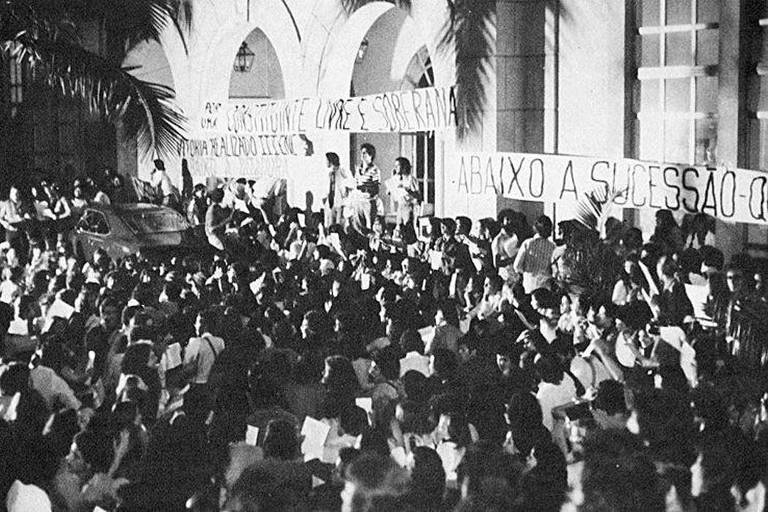The Senate approved a bill Tuesday (10) that revokes the National Security Law, enacted in 1983, during the military dictatorship. The text, which also adds a series of crimes against democracy to the Penal Code, passed a symbolic vote and will be sanctioned by President Jair Bolsonaro (no party).
To prevent the bill from returning to Congress, the rapporteur, Rogério Carvalho (PT-SE), did not change the version approved by congress in May and rejected all amendments.
Although the bill had been on the agenda since last week, senators defended the approval of the text this Tuesday (10) as a response to the military parade that took place on the same day in Brasília.
The text approved by the parliamentarians was based on a project presented in 2002 by Miguel Reale Júnior, then Minister of Justice in the government of Fernando Henrique Cardoso (PSDB, 1995-2002).
Under the project, the Penal Code will have a part destined for crimes against the democratic rule of law.
Among the crimes are that of attacking sovereignty; attack on national integrity; violent abolition of the democratic rule of law; coup d'etat and interruption of the electoral process.
Translated by Kiratiana Freelon
